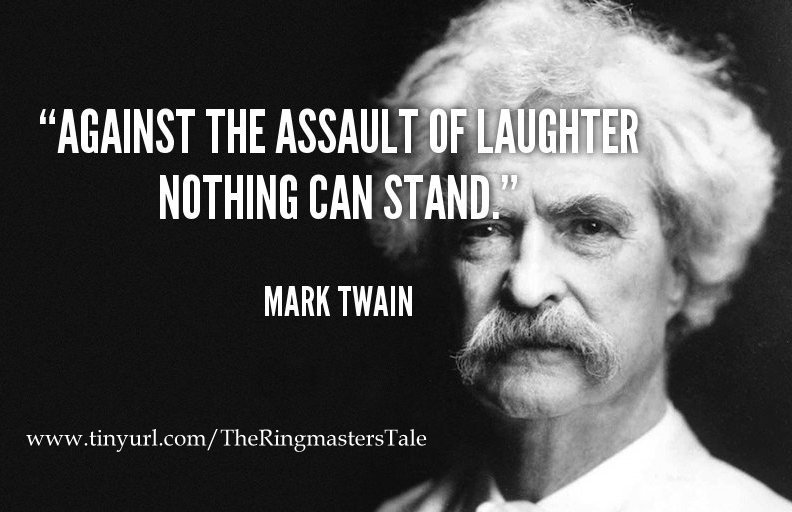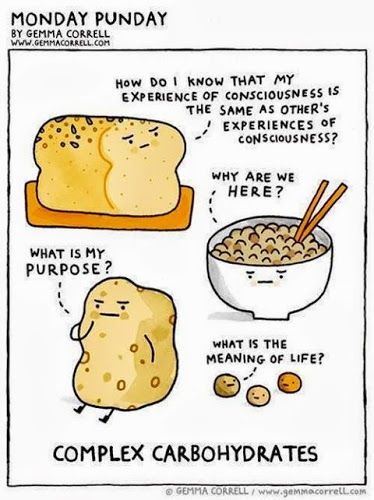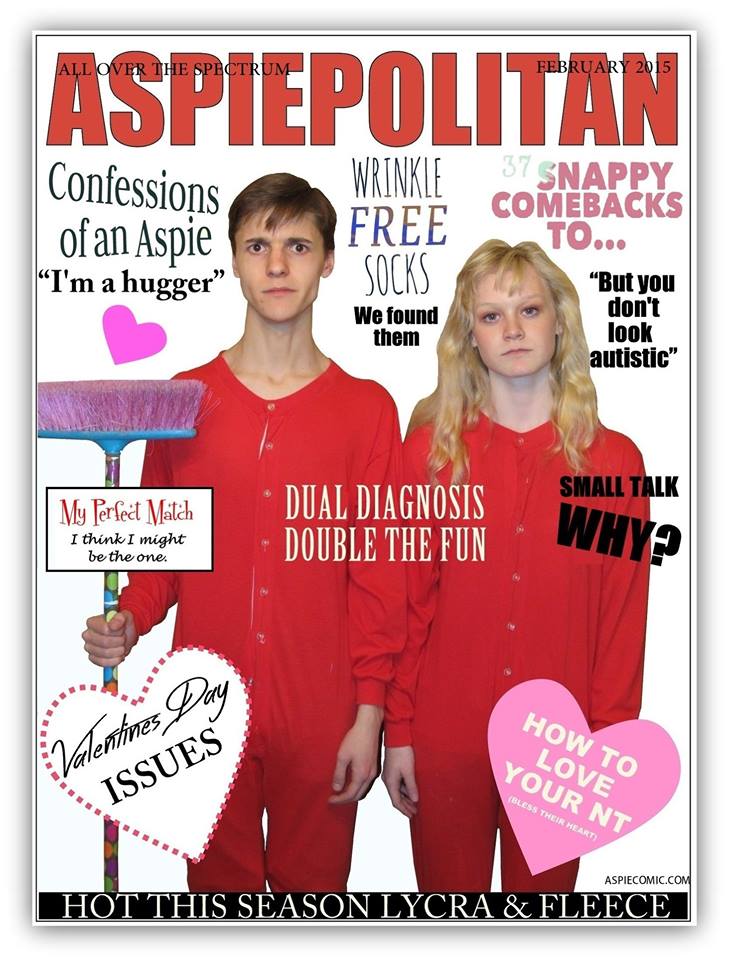
Let me point out right away that laughing about something (autism included) is definitely not the same as laughing at it.
Laughing at someone because they’re different and may be struggling with things other people find straightforward is cruel, unnecessary and, in my opinion, downright repulsive. We’ve all met bullies in our time who use laughter to isolate and belittle others, and I’m sure it won’t surprise you to hear that I have absolutely no time for people like that.
What I’m talking about here though, is laughing about the funny situations living with autism can bring, and learning to laugh about your own behaviour quirks if you’re on the spectrum yourself. Also, appreciating the kind of humour that appeals to autistic people, who are so very often portrayed as having no humour at all, when in fact nothing could be further from the truth.
Laughter itself is, as I’m sure you know, one of the most powerful forces on the planet. It’s a fantastic way to release tension and boost your ‘happy hormones’ which is something that’s very much needed when your life is touched by autism. Autism itself is a serious business, no-one’s denying that, but there are always some funny moments to be found along with the difficult ones if you have the right outlook.

Many people think it’s offensive to laugh about anything to do with disability or difference, but I can honestly say that without a sense of humour, I would have gone under years ago. It’s always such a pleasure to meet other people who think the same way, and are prepared to find a light in what’s often an overwhelmingly dark existence.
Being able to share a joke about the absurdities of life is a wonderful way to bond with others, and can make you feel like you’re part of an extended group or family. The ‘inside jokes’ that only families of autistic people (or autistic people themselves) can identify with, are what makes them your tribe, and goodness knows we could all do with one of those to help us through the long, hard and often terribly isolated days.
Parents of children with additional needs don’t stop finding things funny just because their lives have turned out differently to other people’s, and in just the same way, those children themselves aren’t born without a sense of humour, so trust me, there’s nothing offensive about enjoying life and not taking yourself, or your supposed ‘disability’, too seriously.
While it’s true that autistic people very often struggle to understand the meaning of jokes, in my experience there are usually very specific things that make them laugh. Word play and puns, like this one from the wonderful Gemma Correll, can be very popular with people on the spectrum…

…as well as humour like this, which allows them to laugh about the literal way they interpret the world…

I always make a point of including lots of fun posts alongside the serious ones when I’m running my charity’s social media sites because I understand the value of lifting someone’s spirits, which has led to the Autism All Stars page being described as ‘the happiest place on Facebook’.
Someone else I can highly recommend if this is the kind of thing that makes you smile is a young autistic man called Michael McCreary. Known as ‘AspieComic’ he dedicates his life to making people laugh and for that he has my undying respect. He’s well worth a follow on Facebook and his posts, like the one below, are guaranteed to brighten your day.

Autistic people can also be the masters of inappropriate humour – think Ricky Gervais, South Park, Rick & Morty etc. – although obviously not all of them, because everyone finds different things funny, and all autistic people are individuals, as I explained in my post Why No-one Represents the Autism Spectrum. The bottom line is that if you look past the stereotype of autistic people being humourless, robotic oddities, you’ll find genuine warmth, compassion and an unusual, quirky way of looking at the world which can be downright hilarious once you learn to appreciate it.
Even something that’s caused pain in the past, and continues to create difficulties and struggles every day, can still be used in a positive way if you inject a bit of humour into it. For example, as well as being autistic my youngest son Aidan is dyslexic, and thanks to some unforgivable treatment at the hands of his primary school teachers, he lived for years with a deep sense of shame about it. I’d always done my best to help him see the funny side of things, but understandably this wasn’t something he was prepared to laugh about when he was young. In his own time though, he learned to stand a little straighter, and embrace who he is and the way his brain is made.
The turning point came one day at college when he stood in a room full of strangers and tried to dance to ‘YMCA’. As he struggled, and completely failed, to form the shapes of the ‘Y’, the ‘M’, the ‘C’ and the ‘A’ with his arms, he realised people were noticing, and instead of being embarrassed, he announced to no-one in particular ‘Yes, I’m dyslexic, now you can see why I failed GCSE English!’ Everyone fell about laughing, including Aidan, and as a result several of those strangers became his very good friends.
In the same way, my book, The Ringmasters Tale, is full of serious advice and resources, because I wanted it to be the book I wish someone had handed me when my eldest son was born and autism seemed like such a dark, impenetrable mystery. It’s also liberally sprinkled with humour though, because back then, when things seemed so completely, overwhelmingly negative, I could definitely have done with something to make me smile too.
It’s available from Amazon now in paperback and Kindle if you’d like a copy. I’ll leave you with an extract that perfectly describes pretty much every day in my house, and is, I’m quite sure, something lots of you can identify with.
A Day at the Circus
October 1998
- Child 1 (age 6) decides to dress himself for school. Full instructions have been given the previous evening, so am feeling confident of his success.
- 7:30am: Hear dreadful choking sounds coming from bedroom. Discover Child 1 strangling himself with school tie. On further investigation, realise my direction to ‘slide your tie up until you reach your top button’ have proved useless as his top button is in fact missing.
- Hastily explain that reaching one’s neck is also an excellent time to stop tightening. #AlwaysCheckTheButtons
- 8am: Child 2 (age 3) has recently started returning from nursery each evening with dirt under his fingernails. Ask nursery staff why, and am told he plays in the same muddy spot outside every day, saving his place each night with a specific stone.
- 6pm: Collect Child 2 from nursery. Frazzled nursery teacher informs me Child 2 has in fact been digging escape tunnel under fence for some time, using stone as entrance marker once loose soil has been replaced.
- Having finally completed tunnel, Child 2 has today led daring band of small children out onto pavement, getting three toddlers through fence before staff noticed anything was amiss.
- Teacher assures me playground is now scheduled to be tarmacked.
- Explain Child 2’s latest obsession is Chicken Run (film about group of militant hens constantly plotting escape from farmyard prison).
- Conclusion: Child 2 may not have any speech yet, but has plenty of imagination, leadership and strategic planning skills. #ProudMummyMoment
![]()


3 Comments
Such a great post and so true – love that magazine cover. And yes to “life would be tragic if it weren’t funny”.
Autistic children are so funny and do understand humour. My granddaughter aged 11 had been having violin lessons but the school changed it to just music lesson. So she strode to the front of the class and said to the teacher “I come here to learn the violin but so far you havent taught me any violin. This lesson is crap”. She was reprimanded for her rudeness and when her dad collected her he was told. His reply? He laughed himself silly and so did I. They tell it like it is don’t they?
Oh, that’s brilliant, Pauline! A perfect example of autistic honesty if ever I heard one!